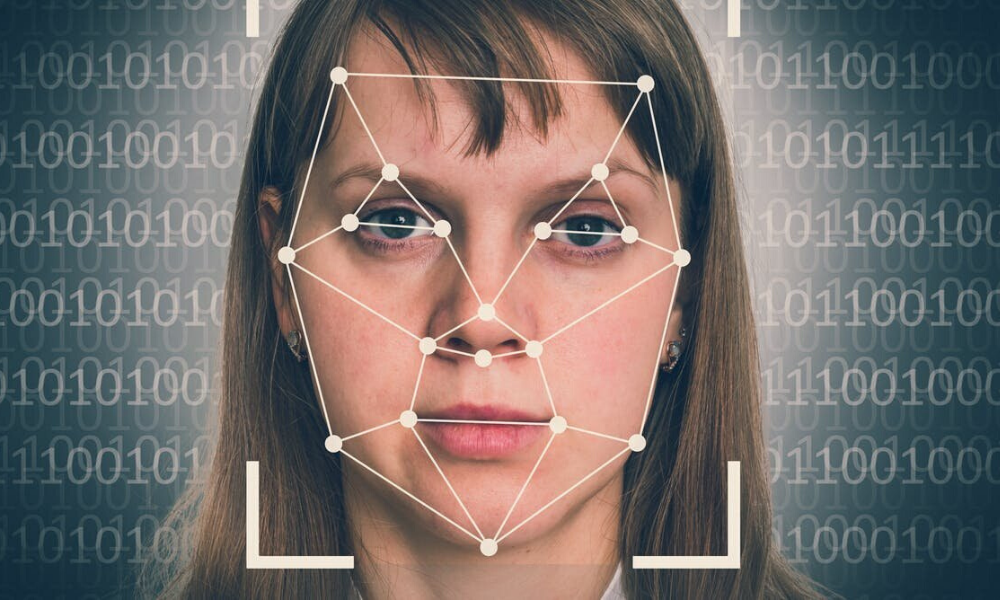seniorspectrumnewspaper – A surge of AI-generated videos featuring renowned physicist Michio Kaku has recently circulated on social media. Spreading misinformation about the mysterious object 3I/ATLAS. These deepfake clips manipulate Kaku’s likeness and voice to make it appear as if he is endorsing wild claims about 3I/ATLAS. Which some suggest could be alien technology. In response, Kaku has publicly warned the public about the growing issue. Urging platforms like YouTube and TikTok to take swift action against the spread of these fraudulent videos.
Read More : Nvidia Introduces Vera Rubin Superchip for Next-Gen AI
The deepfakes have been fueled by a real interview Kaku gave, in which he discussed the enigmatic object 3I/ATLAS. This object, originally detected by astronomers, has sparked a debate about its true nature. Some scientists, like Harvard physicist Avi Loeb, speculate that 3I/ATLAS might be an alien spacecraft, while most of the scientific community agrees it is just a comet from outside our solar system.
Kaku explained that one key aspect to watch is how 3I/ATLAS behaves as it nears the Sun. If its speed changes unexpectedly, it could suggest artificial propulsion. In the interview, he stated that if the object accelerates as it passes the Sun, it would suggest extraterrestrial intelligence. However, the AI deepfakes have exaggerated this point, falsely claiming that Kaku believes 3I/ATLAS is almost certainly an alien spacecraft. Some of the videos even suggest that the U.S. government is involved in a cover-up.
The Dangers of AI Misinformation and Efforts to Combat It
The spread of misinformation through AI deepfakes is not limited to Kaku. Fellow physicist Brian Cox has also reported seeing AI-generated videos that distort his views, promoting similar falsehoods. Both Kaku and Cox have expressed frustration with the slow response from platforms like YouTube and TikTok in removing these misleading videos.
Kaku recently took to Twitter to highlight the issue, urging AI developers to put more effort into preventing the misuse of their technology. “There has been a sudden rise of fraudulent, unauthorized deepfake AI videos, impersonating me,” Kaku tweeted. “These videos are misleading the public with crazy false claims that are not my own.”
Read More : ChatGPT Engages Over 1 Million Users on Suicide Prevention Weekly
While social media platforms have started removing these videos, the incident highlights a growing challenge in the digital age. Misinformation fueled by deepfake technology poses significant risks to public understanding of science and can damage the reputations of scientists and experts.
As 3I/ATLAS reaches its closest point to the Sun, observers are continuing to track any changes in its behavior. Scientists are especially alert to any signs of unexpected acceleration, which could support or challenge claims of alien involvement. For now, it is clear that the debate about the object’s true nature remains far from settled, with much work still needed to separate fact from fiction in the age of AI-generated misinformation.


